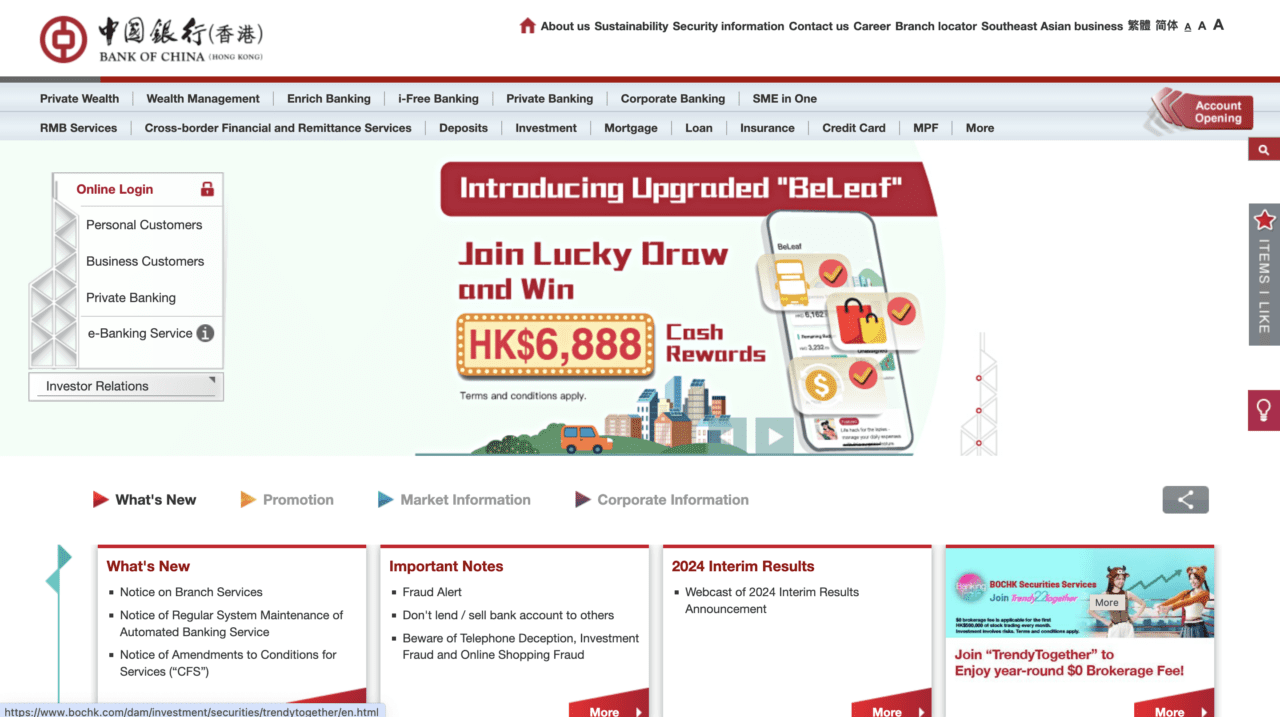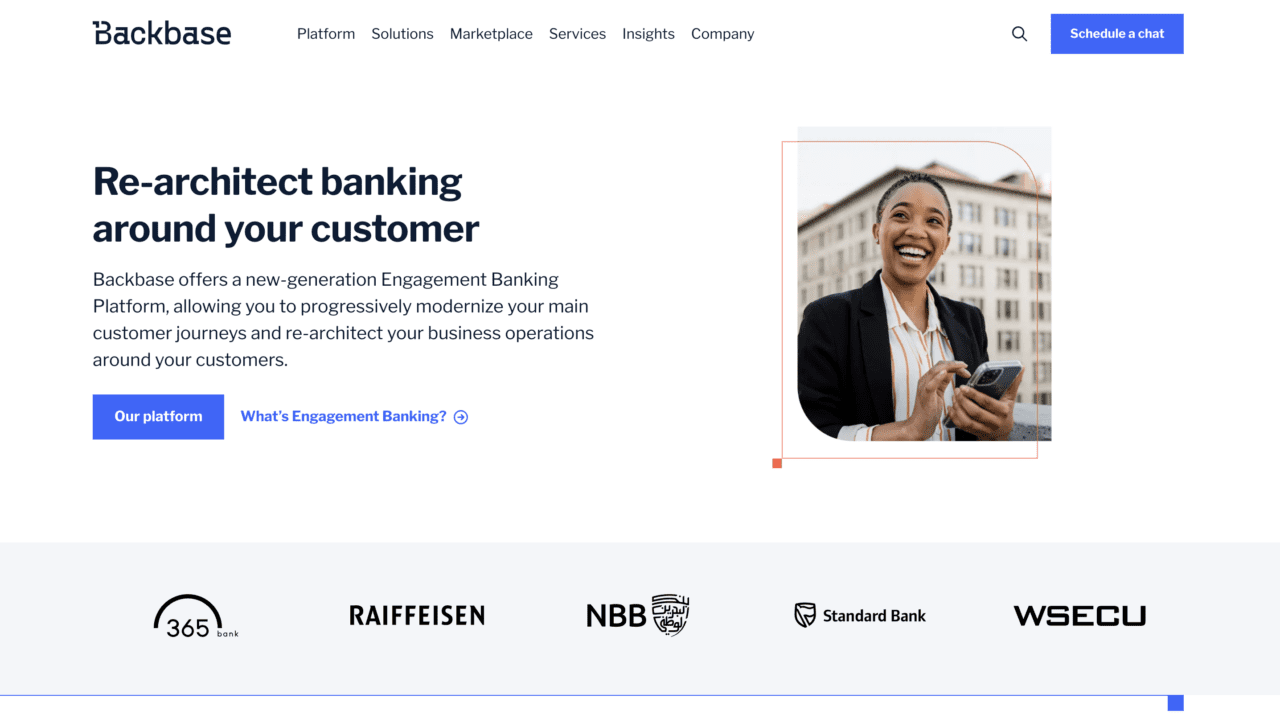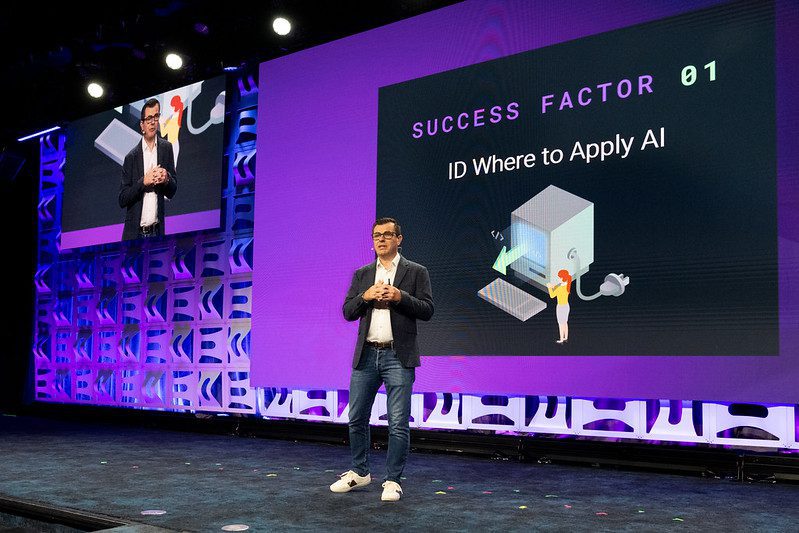
This week’s edition of Finovate Global features news from the fintech scene in Hong Kong.
Worldline partners with BOCHK
International payment services company Worldline has forged a partnership with the Bank of China (Hong Kong), also known as BOCHK. The partnership makes the bank the first Hong Kong-based customer of Worldline’s open platform card solution, Paysuite Essential Edition. Previously called “Cardlite,” the solution will enable BOCHK to enhance the customer experience with new offerings, including its multi-currency Mastercard debit card.
“We are excited to partner with BOCHK, a prestigious bank in the region, to launch our new innovative Paysuite Essential Edition in Hong Kong,” Worldline’s Head of Financial Services Asia-Pacific, Noel Chow, said. “The partnership highlights the trust and confidence from leading financial institutions in our innovative open platform solutions. We believe the partnership paves the way for other banks to modernize their card systems and migrate from legacy systems to open systems.”

BOCHK’s partnership with Worldline reflects the trend in the payments industry toward open platform solutions. Already available in other markets, Worldline’s Paysuite Essential Edition offers issuing, acquiring, authorization, switching, and routing functionality. The technology supports Mastercard’s multi-currency card, and provides an infrastructure that accelerates time-to-market and deployment of new products and services.
Additionally, Worldline will provide a local support team with local expertise to assist BOCHK as it scales its operations in the future. This team will also help ensure the institution will meet Hong Kong banking industry compliance requirements.
“As open platform solutions are the future in digital payments, BOCHK is pleased to partner with Worldline, known for its comprehensive innovative fintech solution and unparalleled local support it offers, to provide our customers with the Mastercard multi-currency debit card powered by its Paysuite Essential Edition,” said Daniel Li, Chief Digital Officer of Personal Banking & Wealth Management, BOCHK. “This collaboration marks a significant step forward in our commitment to delivering seamless payment experiences to our valued customers and promote the wider use of digital payments.”
Worldline made its Finovate debut at FinovateEurope 2017. At the conference, the company demoed its Connected Piggy Bank, which helps parents provide financial education for their young children via a “playful” end-to-end savings solution. Today, Worldline processes more than 43 billion payment transactions a year, serves more than 14 million merchants, and is active in 170 countries. Founded in 1972, Worldline is headquartered in Bezons, France.
RD Technologies secures $7.8 million investment
RD Technologies, a Hong Kong-based financial platform that seeks to “bridge the worlds of Web2 and Web3,” has raised $7.8 million in Series A1 financing. Participating in the round were HongShan, Hivemind Capital, Aptos Labs, Hash Global, SNZ Capital, Solana Foundation, Anagram, and Upward Capital. The company will use the funds to further build out its financial platform and help encourage the development of the Web3 ecosystem in Hong Kong.
“The legacy payment industry is ripe to be disrupted using blockchain technology and stablecoins to provide more efficient and cheaper cross-border payment networks,” RD Technologies CEO Rita Liu said. “Hong Kong is leading the world in virtual asset regulation. We are confident that compliant and transparent stablecoins will invigorate the market and address the pain points of traditional payments and finance to bring in institutions and help Hong Kong become a global Web3 hub.”

Founded in 2020, RD Technologies offers two primary solutions via its subsidiaries: the RD Wallet and the HKDR stablecoin (HKDR). RD Wallet is a licensed Stored Value Facility that enables businesses around the world to open multi-currency fiat accounts via mobile device anywhere and at any time. The wallet supports eight currencies — HKD, CNY, USD, JPY, SGD, EUR, GBP, and AUD — that are commonly used in the region, offers fund transfer via TT and CHATS, and provides competitive FX rates with a 0% fee.
Issued by RD InnoTech Limited, the HKDR stablecoin is backed 1:1 by the Hong Kong dollar, with high-quality, liquid assets kept in segregated custody accounts with licensed financial institutions. In July, the firm was one of the first companies to be admitted to the stablecoin issuer sandbox by the Hong Kong Monetary Authority.
“Hivemind is thrilled to support RD Technologies as they seek to lead the future of stablecoins and cross-border payments,” Hivemind Partner and Head of Asia Stanley Huo said. “We believe regulated stablecoins are a critical growth area in crypto, offering real product-market fit, particularly as global demand for regulated stablecoins rises among enterprises and institutions.”
Checkout.com launches Octopus in Hong Kong
London-based Checkout.com is the first international payment services provider (PSP) to offer Octopus, the leading payment method in Hong Kong, as a payment option at checkout.
With 98% penetration in a region with 7.5 million residents, Octopus is Hong Kong’s first, “homegrown” fintech. Octopus was launched in 1997 as a contactless card for multimodal transportation. In the years since, the solution has grown into a popular and versatile payment system, used for retail and shopping as well as food and beverage transactions both in Hong Kong and abroad. The company introduced its mobile app in 2012 and now reports that there are more than 4.5 million Octopus digital wallets.
“At Octopus, we pride ourselves (on) making everyday life easier,” Octopus Head of Business Development and International Business Edwin Lai said. “This partnership with Checkout.com will enhance and broaden the payment experience not just for our customers, but also merchants within Hong Kong and beyond. We anticipate robust demand from global and local businesses eager to access Hong Kong’s consumers. We hope this collaboration will help support the growth of the city’s digital commerce.”

“Catering to local payment preferences is crucial for success in the Hong Kong market,” Checkout.com General Manager of APAC Brian Sze said. “Our strategic partnership with Octopus underscores Checkout.com’s commitment to investing in our Asia footprint, delivering localized payment solutions that empower merchants to thrive in this dynamic region.”
Founded in 2012, Checkout.com processes payments for thousands of companies around the world. The company’s international digital payments network supports more than 145 currencies, and processes billions of transactions a year. Checkout.com’s technology helps merchants increase acceptance rates, lower processing costs, fight fraud, and transform payments into a significant source of revenues. The company has raised $1.8 billion in funding, most recently closing a $1 billion Series D round in January 2022. Guillaume Pousaz is founder and CEO.
Hong Kong’s fintech celebration only weeks away
Some of the biggest fintech news in Hong Kong is likely less than three weeks away. Hong Kong Fintech Week begins on October 28 and extends through November 1. The event expects to host 30,000 participants and feature 800 speakers and 500 startups. Finovate participated in the city’s Fintech Week back in 2018 as part of FinovateAsia.
We’ll have more to say about fintech in Hong Kong in the wake of the city’s conference. For now, check out this interview with Lareina Wang, who was appointed chair of the FinTech Association of Hong Kong (FTAHK) in August. In this interview, Wang — who is also executive director, head of digital and innovation at DBS Bank Hong Kong — talks about some of the major issues facing both the growth of the association as well as fintechs in Hong Kong.
“We have some of the world’s best universities in town, while, overall, the fintech industry is short of fintech talent,” Wang told FinanceAsia. “Advocating for policies and reaching collaborations might not appeal to them, but they are interested in being educated around fintech topics.”
Founded in 2017, the FTAHK has 300 corporate members.
Here is our look at fintech innovation around the world.
Central and Southern Asia
- 86400, a payments technology firm based in India and formerly known as Mobileware Technologies, raised $1.8 million (INR 15.6 crore).
- The New South Wales (NSW) government teamed up with Indian incubator Afthonia Labs to help NSW fintech startups enter the Indian market.
- An industry organization consisting of fintech lenders, Fintech Association for Consumer Empowerment (FACE), secured “self-regulatory organization” status from the Reserve Bank of India.
Latin America and the Caribbean
- Brazilian paytech Barte raised $8 million in Series A funding in a round led by AlleyCorp.
- Norway’s MeaWallet partnered with Peru-based neobank B89.
- Grupo Bancolombia’s crypto platform, Wenia, launched its WeniaCard that lets users pay with cryptocurrency at any merchant that accepts Mastercard.
Asia-Pacific
- Singapore-based fintech Surfin announced a $12.5 million Series A investment from Insignia Ventures Partners.
- JCB enabled Google Pay for customers in Japan starting on September 6.
- Checkout.com added Octopus as a payment method in Hong Kong.
Sub-Saharan Africa
- Mastercard and ACI Worldwide teamed up to bring real-time card payments to South Africa.
- Network International went live with new payments services in Kenya.
- Nigerian’s Securities and Exchange Commission (SEC) announced a crackdown on fraud in the country’s fintech industry.
Central and Eastern Europe
- INDEXO Bank partnered with Mambu as part of its launch in Latvia.
- Austrian payment orchestration platform IXOPAY introduced new CTO Ronnie Thomson.
- Croatia-based fintech Fonoa acquired PwC UK’s GITC product to faciliate management of partial tax exemptions.
Middle East and Northern Africa
- Calcalist interviewed former CEO of Bank Leumi and current Managing Partner at Team8 Rakefet Russak-Aminoach on the current state of fintech in Israel.
- The UAE announced that cryptocurrency transactions will be exempt from value-added tax (VAT) effective November 15.
- American Express Middle East forged a partnership with Dubai-based payment gateway Telr.















